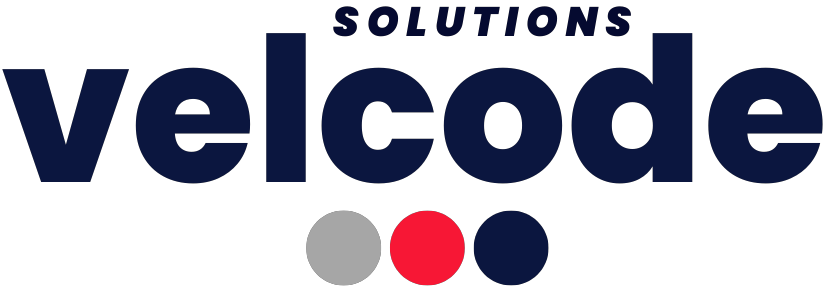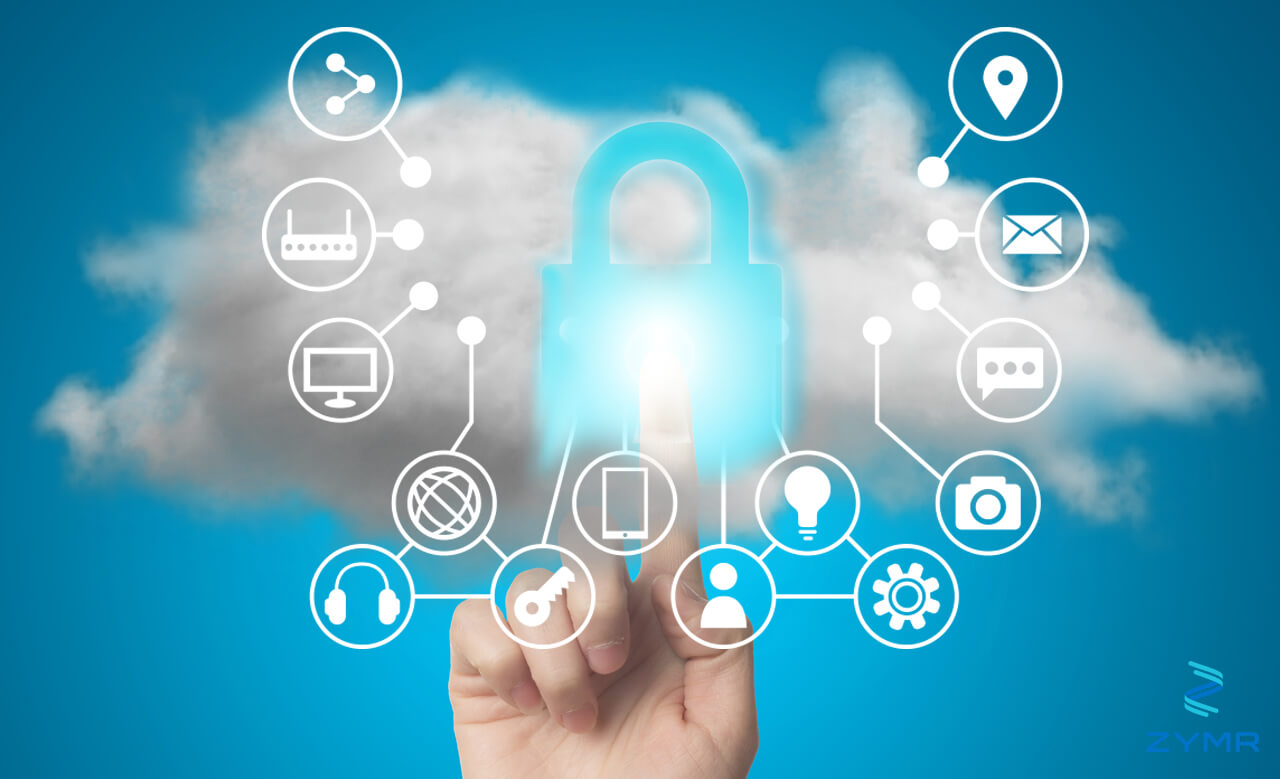Cloud security refers to the set of practices, technologies, and measures implemented to protect data, applications, and infrastructure in cloud computing environments. It focuses on securing cloud-based resources, services, and data from unauthorized access, data breaches, data loss, and other security threats.
Cloud security involves a combination of measures implemented by both the cloud service provider and the organization utilizing cloud services. The responsibilities for security are typically shared between the provider and the customer, depending on the cloud deployment model (e.g., Infrastructure as a Service, Platform as a Service, Software as a Service).
Advantages of Strong Cloud Security:
1. Data Protection:
Strong cloud security measures help protect sensitive data from unauthorized access, loss, or theft. This ensures the confidentiality, integrity, and availability of data stored and transmitted in the cloud.
2. Compliance and Regulatory Requirements:
Robust cloud security helps organizations meet compliance and regulatory requirements specific to their industry. It ensures that data handling practices align with regulations such as GDPR, HIPAA, PCI-DSS, and others.
3. Reduced Risk of Data Breaches:
Implementing strong cloud security practices helps minimize the risk of data breaches and unauthorized access to sensitive information. It includes measures such as encryption, access controls, and security monitoring to detect and prevent potential security incidents.
4. Business Continuity and Disaster Recovery:
Cloud security measures, including data backups, redundancy, and disaster recovery plans, ensure business continuity in the event of natural disasters, hardware failures, or other disruptive incidents. This helps organizations quickly recover data and resume operations with minimal downtime.
5. Scalability and Flexibility:
Strong cloud security practices allow organizations to scale their resources and adapt to changing needs securely. As the cloud environment expands or contracts, security measures can be dynamically adjusted to maintain the desired level of protection.
Components of Strong Cloud Security:
1. Identity and Access Management (IAM):
IAM controls and manages user identities, authentication, and authorization in the cloud environment. It includes features like multi-factor authentication, role-based access control (RBAC), and privileged access management (PAM) to ensure only authorized individuals have appropriate access.
2. Encryption:
Encryption is essential for securing data in transit and at rest. It involves encrypting data using cryptographic algorithms to protect it from unauthorized access. This includes implementing secure communication protocols (e.g., SSL/TLS) and encrypting sensitive data stored in databases or on cloud storage.
3. Network Security:
Network security measures such as firewalls, intrusion detection and prevention systems (IDPS), and virtual private networks (VPNs) help protect cloud resources from unauthorized access, network-based attacks, and data interception. Network segmentation and monitoring are also crucial components to detect and respond to potential threats.
4. Security Monitoring and Incident Response:
Robust security monitoring tools and practices help detect and respond to security incidents in real-time. It includes continuous monitoring of cloud resources, analyzing logs and events, and implementing automated alerting and incident response processes.
5. Vulnerability Management:
Regular vulnerability scanning and patch management processes help identify and remediate security vulnerabilities in the cloud environment. This includes keeping software and systems up to date with the latest security patches and fixes to mitigate potential risks.
6. Cloud Provider Security:
Evaluating the security measures and certifications of the cloud service provider is important when adopting cloud services. Ensuring that the provider has robust security controls, compliance certifications, and transparency in their security practices helps build a strong foundation for cloud security.
7. Employee Awareness and Training:
Educating employees about cloud security best practices, including strong password management, phishing awareness, and data handling guidelines, is crucial. Employee awareness and training programs help mitigate risks associated with human error and strengthen overall cloud security.
8. Security Governance and Policies:
Establishing clear security governance frameworks, policies, and procedures is essential to guide cloud security practices. This includes defining security roles and responsibilities, incident response plans, data classification policies, and regular security audits and assessments.
In a nutshell
Finding the right cloud security answer for your business is basic if you have any desire to get the best from the cloud and guarantee your association is shielded from unauthorized access, data breaches, and other threats.
Velcode Solutions offer unmatched cloud security through custom arrangements that safeguard cloud applications and information, forestall compromised accounts, and integrate great security policies.
Talk to our experts and figure out how you can further develop your cloud security act. Make an appointment for a no-cost consultation to learn more about our cloud security solutions!

